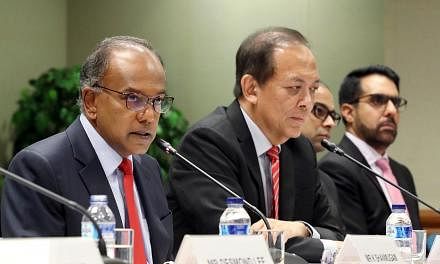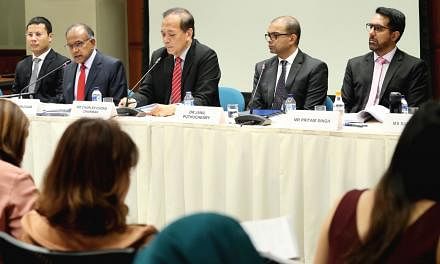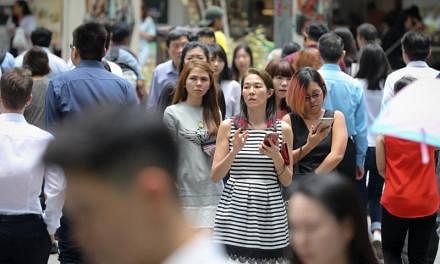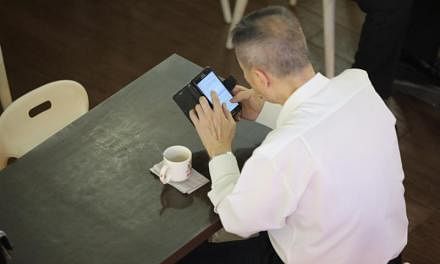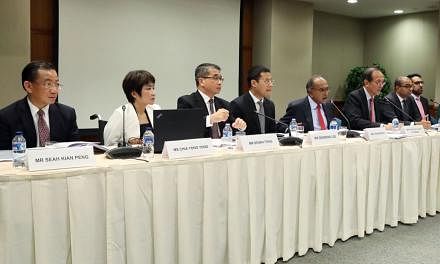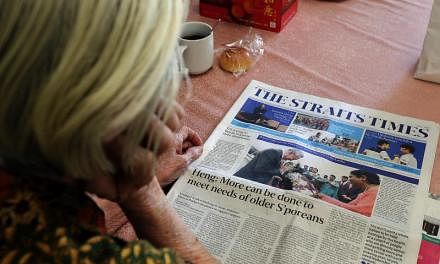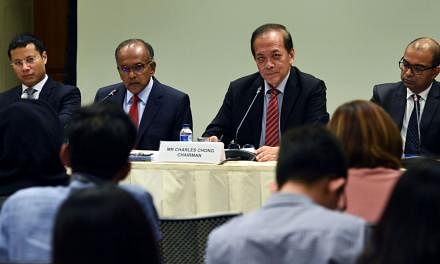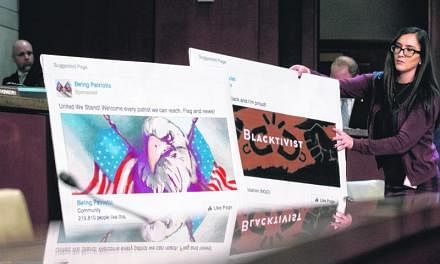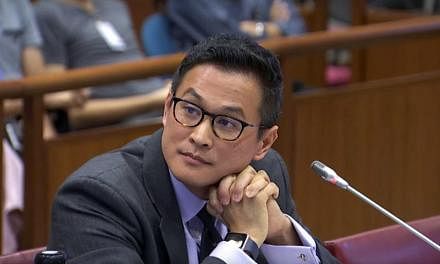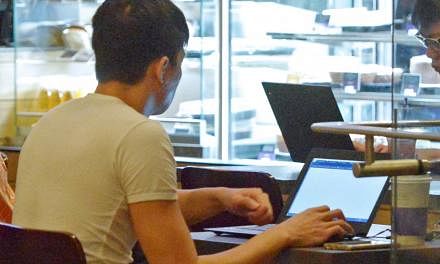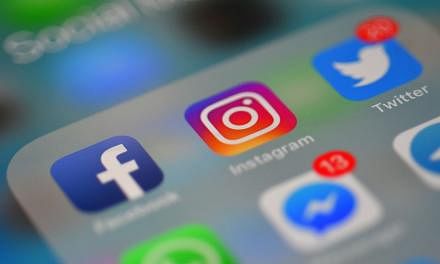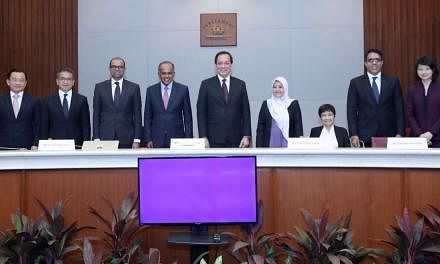SINGAPORE - New technologies now make it easier to create false information and damage societies, said Communications and Information Minister Yaacob Ibrahim.
He cited examples of the latest software and research that can allow perpetrators to impersonate anyone, including heads of state.
One such technology allows videos of people talking to be manipulated in a way that their expressions depict, in real time, what the perpetrators intend to convey. This was demonstrated by professors at Stanford University and the University of Erlangen-Nuremberg in 2016.
Another, developed by software maker Adobe called "Photoshop for audio", also allows users to edit voice in a manner that makes it "virtually indistinguishable" from the target's real voice and does not sound computer-generated at all, he said.
"Singapore is especially vulnerable to this," Dr Yaacob told Parliament on Wednesday (Jan 10), as he spoke in support of the motion to convene a select committee to discuss deliberate online falsehoods.
He cited a poll conducted by the Government last May, which found that one in four Singaporeans frequently came across online news that was not fully accurate; two in three were unable to recognise some or all of the falsehoods; and one in four of them admitted to sharing news that they later found was fake.
"We are a small and multiracial society that can be easily overwhelmed by a larger adversary taking advantage of our societal fault lines... People can easily access the Internet and social media on their smartphones anytime and anywhere, and hence are more susceptible to the spread of online falsehoods," said Dr Yaacob.
He noted that Singapore has one of the highest smartphone penetration rates in the world, at almost 150 per cent.
While Singapore's first line of defence against fake news is still media literacy and public education efforts by agencies such as the Media Literacy Council and the National Library Board, this is not enough, said Dr Yaacob.
He gave three examples of how falsehoods were spread here and caused public anger. In 2015, socio-political website The Real Singapore published a fabricated article on a Filipino family purportedly complaining about the noise from a Thaipusum procession involving Indian Singaporeans. Going further back, The Singapore Herald had launched a misinformation campaign in the early 1970s while, in 1971, The Eastern Sun had received HK$8 million from a communist intelligence agency to publish articles of their choice.
Mechanisms need to be put in place to respond swiftly to such falsehoods, he said.
"We were fortunate to nip these in the bud early enough, so that these campaigns did not sink our young nation back in the day. But today, such orchestrated campaigns can wreak even more harm," said Dr Yaacob.
He added that the Government is not against the use of technology but "the people and actors abusing" it to spread online falsehoods.
He supported the call for a select committee to consult widely on online falsehoods and to tap the collective wisdom of the community and stakeholders.
Said Dr Yaacob: "We need a broader national conversation about this issue, so everyone has a shared understanding of the threat, and a sense of ownership about the solution."


